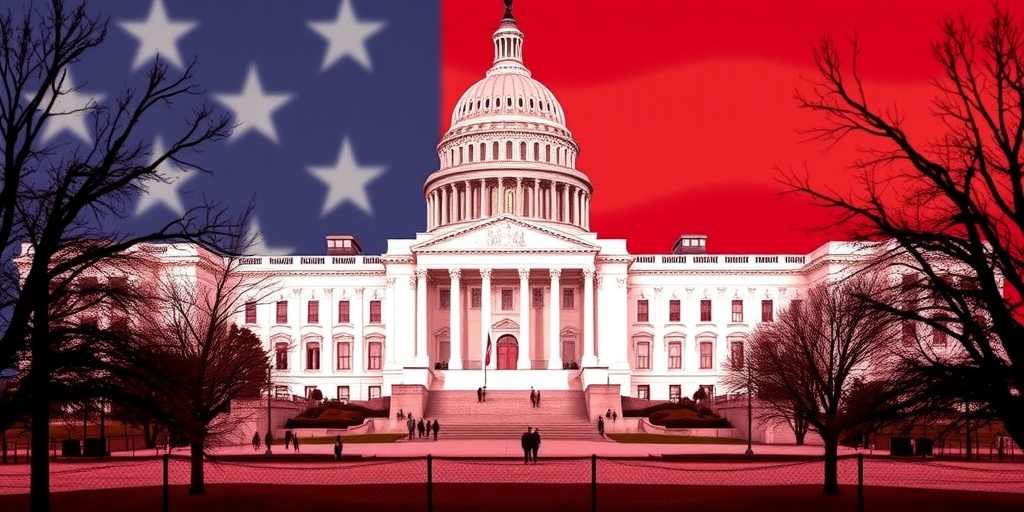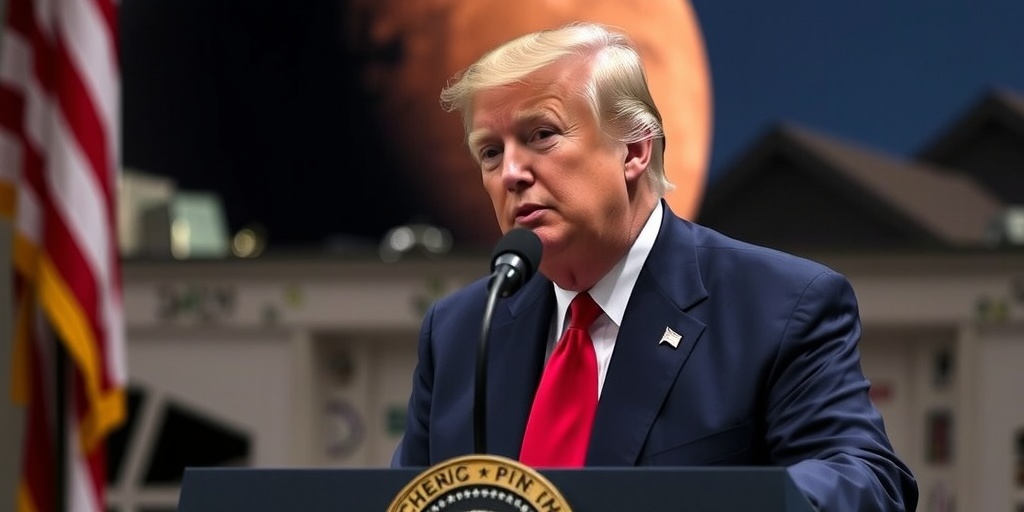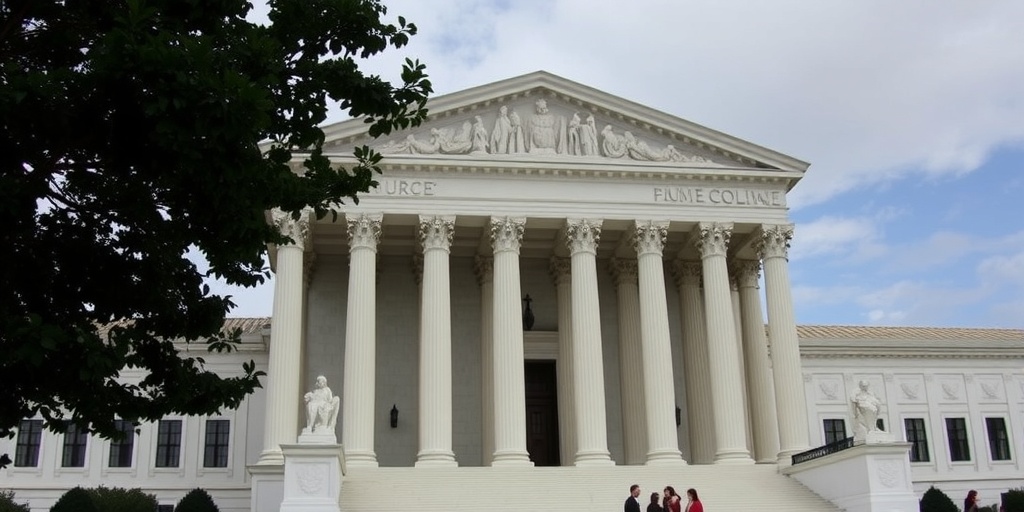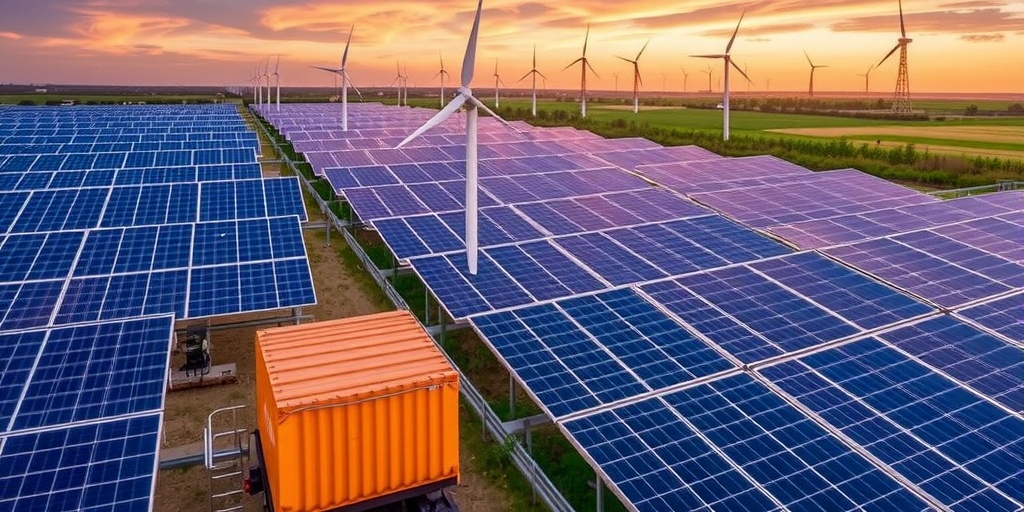Now Reading: Tuesday’s Election Results Favor Democrats
-
01
Tuesday’s Election Results Favor Democrats
Tuesday’s Election Results Favor Democrats
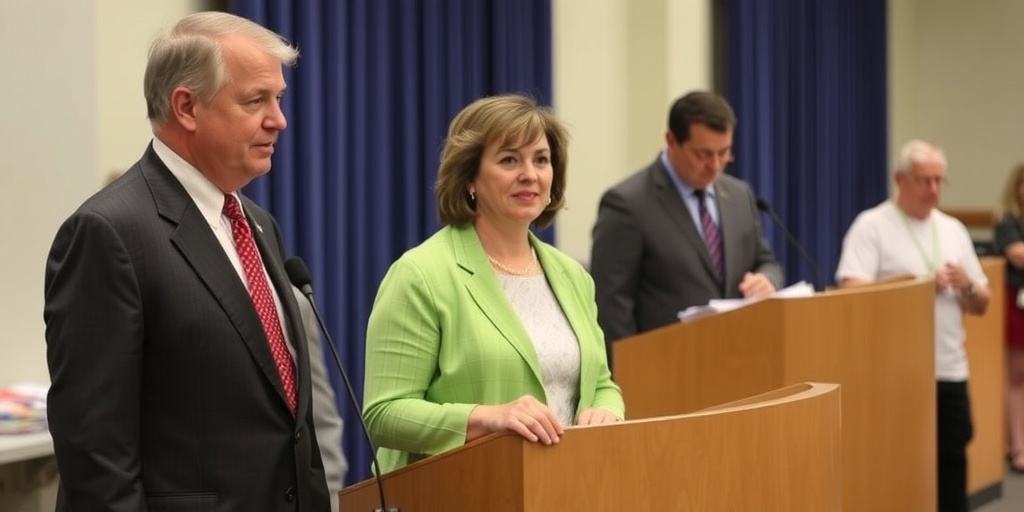
Wisconsin Supreme Court Race Signals Democratic Gains Despite Challenges
In a significant development for the Democratic Party, the recent Wisconsin State Supreme Court race has marked their most substantial gains during the second Trump era. This fiercely contested election not only highlights the shifting tides in voter sentiment but also underscores the intricate dynamics of political funding and influence, particularly involving high-profile figures like Elon Musk.
The Wisconsin Supreme Court election saw Democrats rally around a candidate who ultimately triumphed over her conservative opponent in a race that was keenly observed nationwide. This victory is not just a matter of a single seat but rather a reflection of broader Democratic momentum, especially in a state that has played a pivotal role in national elections. The implications of this win stretch well beyond Wisconsin’s borders, signaling a potential shift in the Midwest that could reverberate through upcoming elections.
For Democrats, this victory represents a critical achievement following a series of intense political battles in recent years. It suggests that their messaging and grassroots efforts are resonating with voters, particularly on key issues such as abortion rights, education, and health care. Activists and party leaders alike are interpreting this win as an encouraging sign, one that could potentially bolster voter turnout and enthusiasm leading into the 2024 elections.
However, the electoral landscape remains complicated for Democrats. In Florida, recent special elections yielded mixed results, with the party facing setbacks despite strong performances in some areas. Losses in these elections emphasize the challenges Democrats continue to face in regions where they have historically struggled. Florida, with its diverse demographic composition and political volatility, represents a unique battleground that requires careful strategizing and robust engagement to convert voters effectively.
The role of financial backing in these races has come under scrutiny, particularly with the involvement of Elon Musk, the billionaire entrepreneur known for his significant investments in various sectors and his vocal political opinions. Musk spent millions supporting the conservative candidate in Wisconsin, reflecting not only his personal political inclinations but also the growing influence of wealth in shaping electoral outcomes. His substantial financial contributions highlight a crucial aspect of modern politics, where the financial clout of individuals or entities can sway public perception and voting behavior.
Despite Musk’s efforts, the defeat of the candidate he backed serves as a reminder of the unpredictable nature of electoral politics. Voters are often influenced by a combination of local issues, candidate personalities, and overarching national narratives that transcend individual campaign contributions. The results in Wisconsin suggest that even a formidable financial investment may not always guarantee success in the face of an energized voter base and effective campaign strategies.
As political analysts dissect the ramifications of the Wisconsin Supreme Court race, several key factors emerge. The implications for the Democratic Party are significant, as they could influence strategies not only in Wisconsin but also in other battleground states. The victory may embolden Democrats to focus more on issues that resonate with younger voters and women, particularly in light of recent Supreme Court decisions that have triggered widespread public engagement.
In addition, the results present an opportunity for Democrats to reassess their approach in Florida and other states where they have faced obstacles. Learning from both successes and failures will be crucial as the party gears up for the 2024 elections. Engaging with local communities, understanding the unique concerns of diverse voter blocs, and building coalitions will likely become focal points in their strategy moving forward.
For Elon Musk, the repercussions of this election may lead to a reevaluation of his political investments. Observing the outcomes of his financial support in Wisconsin might compel the billionaire to reconsider his involvement in certain political races, understanding that the landscape is complex and rapidly evolving. His influence, while substantial, does not guarantee victory.
Overall, the recent Wisconsin Supreme Court election serves as a potent reminder of the intricacies of American politics. It reflects the ongoing shift in voter attitudes, the critical role of local issues in electoral outcomes, and the ever-present influence of money in the political arena. As Democrats celebrate this crucial victory, they must remain vigilant and adaptable, preparing for the challenges that lie ahead, while navigating a political landscape where every election continues to hold the potential for significant change.
Stay Informed With the Latest & Most Important News
Previous Post
Next Post
-
 01New technology breakthrough has everyone talking right now
01New technology breakthrough has everyone talking right now -
 02Unbelievable life hack everyone needs to try today
02Unbelievable life hack everyone needs to try today -
 03Fascinating discovery found buried deep beneath the ocean
03Fascinating discovery found buried deep beneath the ocean -
 04Man invents genius device that solves everyday problems
04Man invents genius device that solves everyday problems -
 05Shocking discovery that changes what we know forever
05Shocking discovery that changes what we know forever -
 06Internet goes wild over celebrity’s unexpected fashion choice
06Internet goes wild over celebrity’s unexpected fashion choice -
 07Rare animal sighting stuns scientists and wildlife lovers
07Rare animal sighting stuns scientists and wildlife lovers













